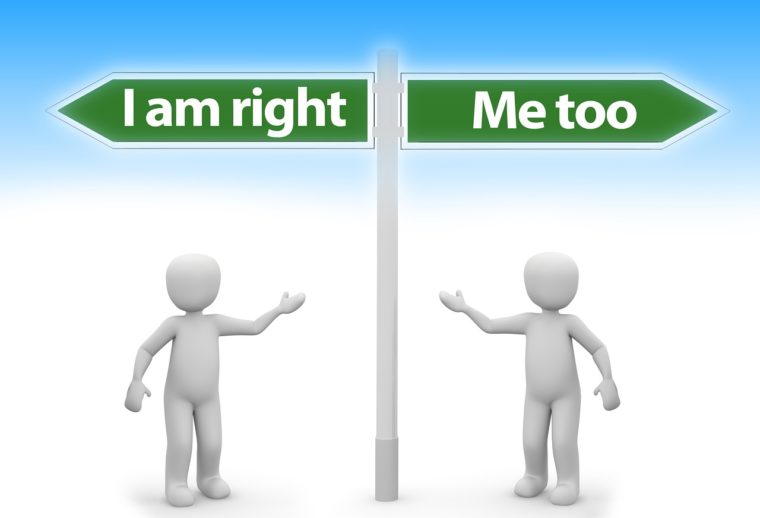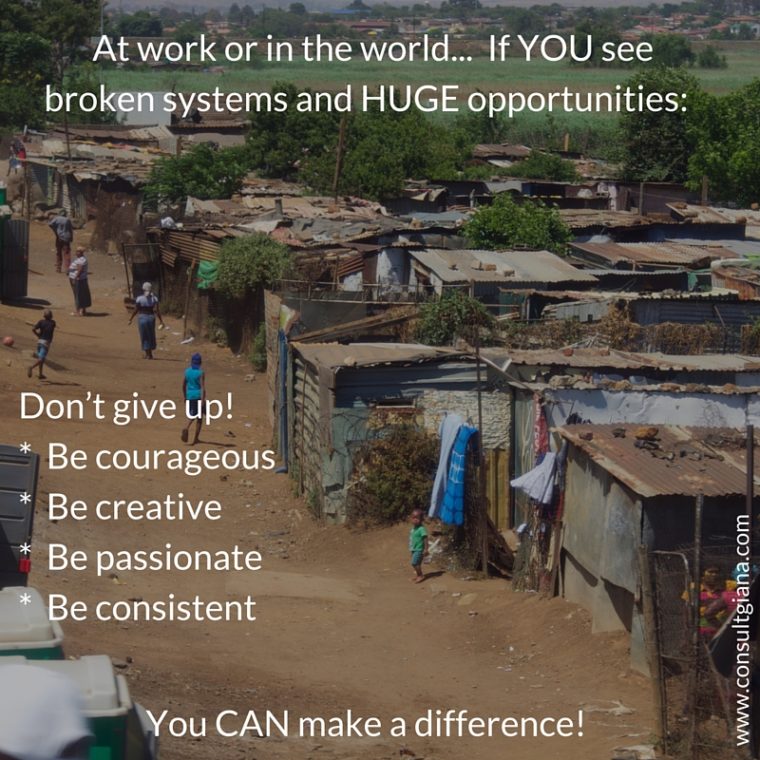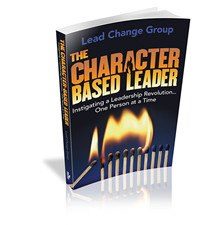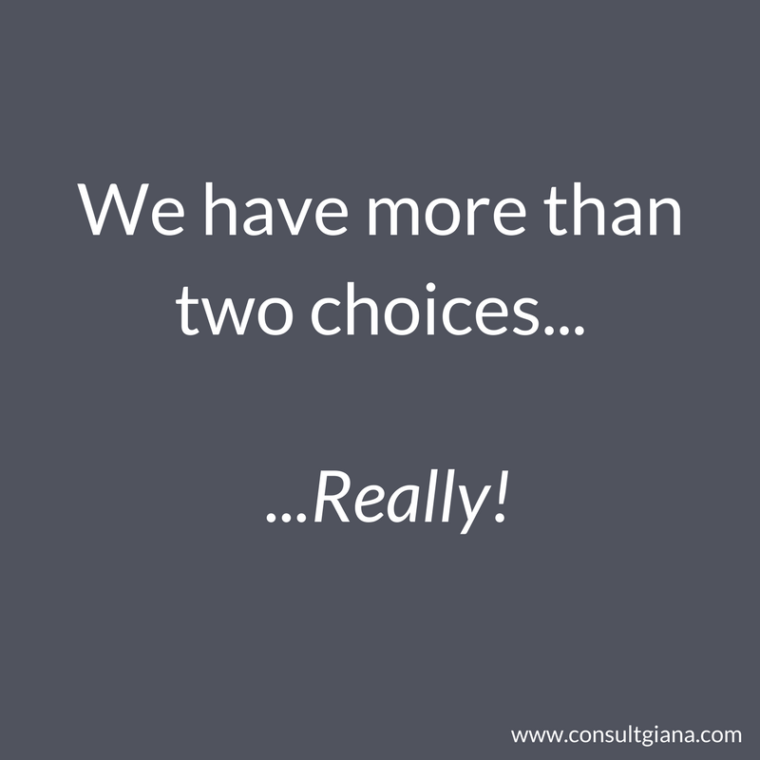
Have you ever had a small child run to you in fear? (Of the boogeyman under the bed, the barking dog, or the crack of thunder?)
How do you respond?
Do you ignore them? Do you dismiss them? Do you call them boogey-phobic, dog-phobic, or noise-phobic? Do you make fun of them? Or do you shine a light under the bed and explain why they are safe? Take them to meet the neighbor’s dog and see that he is friendly? Or explain how thunder works?
Have you been a titled leader in a business and heard employees expressing concerns about fairness or potential layoffs?
How have you responded?
Do you get defensive and angry that they dare to question you? Do you blow off their concerns? Do you talk down to them? Or do you hear them and respond with understanding, compassion and honesty?
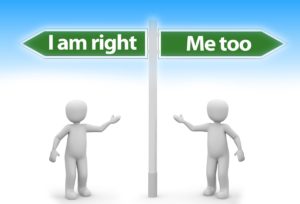 Have you watched divisive current events and taken a side? And then heard from a family member, friend, coworker or neighbor that has taken the other side?
Have you watched divisive current events and taken a side? And then heard from a family member, friend, coworker or neighbor that has taken the other side?
How have you been responding?
Are you ignoring them? Unfriending them? Labeling them? Shouting at them? Making fun of them? Or are you seeking first to understand what is driving them?
Great parents, leaders and friends – listen to questions and fears without anger or labels, or a dismissive attitude. They seek to understand, and then shine a light under the bed and address real and imagined concerns. They are honest about real challenges and about their commitment to their people.



